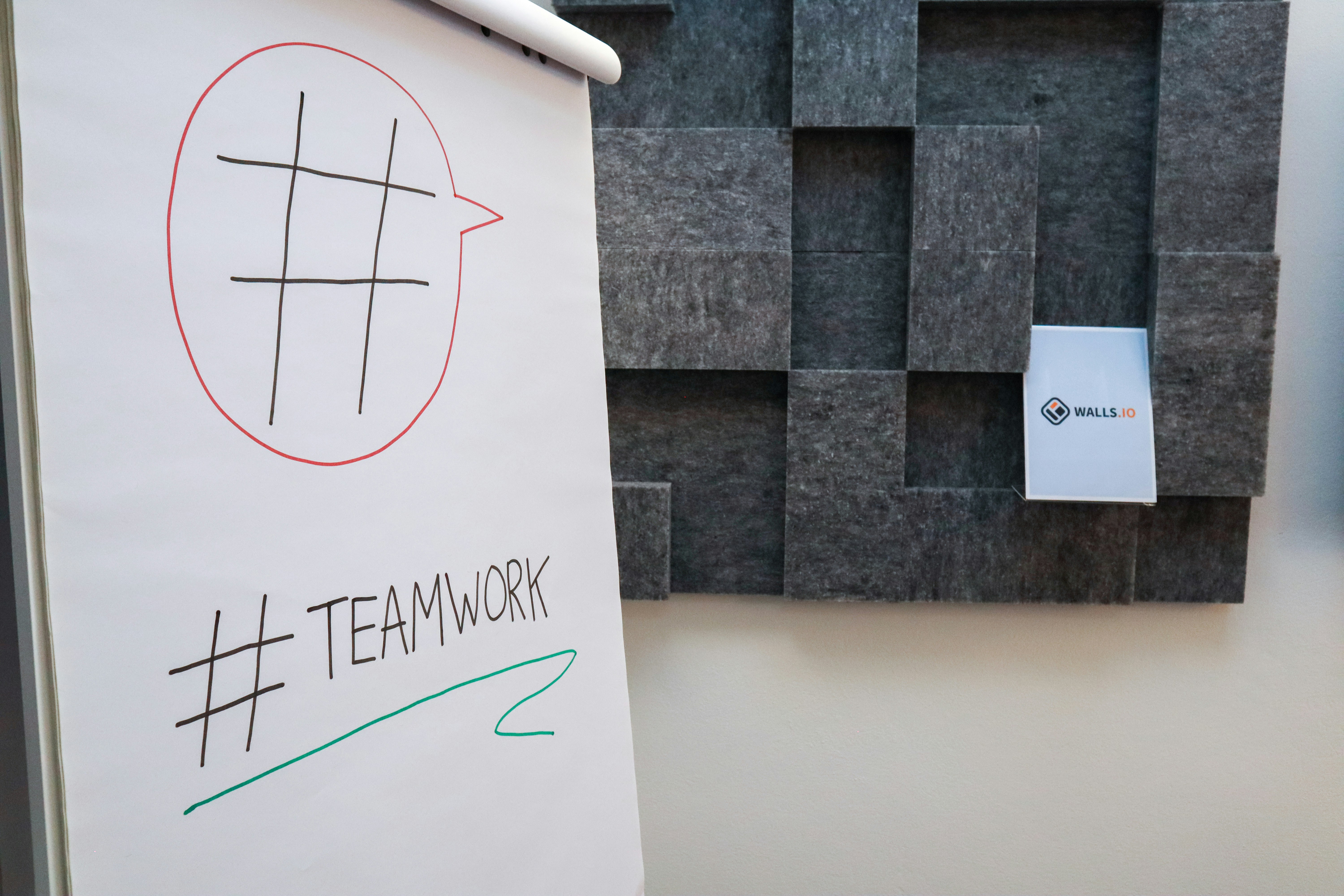
Understanding Improv: The Basics
Improvisation, often referred to as improv, is a form of live theatre where most or all of what is performed is created spontaneously by the performers. This dynamic practice is grounded in several core principles that can significantly enhance collaboration and communication within a corporate setting. At its essence, improv thrives on the guiding mantra of “Yes, and…” which encourages individuals to embrace ideas presented by others while simultaneously adding their contributions. This principle fosters an environment where creativity can flourish, allowing teams to build on one another’s thoughts rather than shutting them down.
Active listening is another fundamental tenet of improv that plays a critical role in team dynamics. By honing this skill, team members become more attuned to their colleagues’ perspectives, fostering stronger relationships and a deeper sense of trust. Active listening not only involves hearing the spoken words but also requires an open-minded approach that encompasses non-verbal cues and emotional expressions. This heightened awareness ensures that everyone feels valued and can contribute meaningfully to discussions.
Collaboration is intricately woven into the fabric of improv as well. When individuals work together spontaneously, they learn to navigate uncertainty and adapt on the fly, qualities that are invaluable in a corporate environment. The ability to work collaboratively encourages team members to support one another and share the collective responsibility of problem-solving. By utilizing the foundational principles of improv, organizations can cultivate a supportive atmosphere that promotes resilience, enabling teams to tackle challenges more effectively and creatively.
In summary, the principles of improvisation provide essential tools for creating a positive, dynamic workplace. By implementing the “Yes, and…” philosophy, practicing active listening, and encouraging collaboration, businesses can enhance teamwork and foster a culture of innovation that drives success.
Applying Improv Principles to Team Building
The incorporation of improv principles into team-building activities can significantly enhance communication, trust, and collaboration among team members. Improv, at its core, focuses on spontaneity, active listening, and adaptability, which are vital components in fostering a cohesive team environment. For organizations aiming to improve their internal dynamics, utilizing specific improv exercises can yield tangible benefits.
Incorporating improv principles into team-building activities provides a unique approach to enhancing collaboration and communication, proving that fun, spontaneity, and trust can go hand in hand in a corporate environment. By embracing these practices, organizations can create a culture that fosters resilience and adaptability among their teams, essential qualities in today’s fast-paced business landscape.
Enhancing Networking Skills Through Improv
In today’s corporate environment, effective networking is crucial for building relationships and fostering collaborations that drive organizational success. Improv principles can significantly enhance networking skills by encouraging participants to engage authentically, embrace spontaneity, and cultivate genuine connections. These principles focus on helping professionals navigate conversations with ease while enhancing their adaptability, key components in establishing meaningful professional relationships.
One vital technique derived from improvisational practices is the principle of “Yes, and…” This approach encourages individuals to accept what others have said and then build upon it. In networking situations, this technique can lead to more dynamic and productive conversations. Rather than steering the dialogue solely based on personal agendas, participants can foster a more collaborative environment. By actively engaging with the ideas presented by others and adding to the discussion, professionals can create opportunities for deeper connections.
Active listening is another essential aspect of nurturing relationships within a networking context. Improv emphasizes the importance of being present and fully engaged in conversations. By practicing active listening, individuals validate the contributions of others while also retrospectively evaluating how their responses can enhance the discussion. This level of attentiveness not only demonstrates respect but also leads to richer conversations, enabling professional peers to share insights and experiences more openly.
Flexibility is equally important when navigating networking events. In improv, adaptability allows participants to pivot in unexpected situations cost-effectively. Applying this principle in a corporate setting means being open to changing the course of a conversation based on the interests and engagements of others. By remaining responsive and adaptable, individuals can foster a more relaxed atmosphere conducive to authentic connections, further nurturing the professional relationships that are vital for success in any organization.
Building Resiliency with Improv Techniques
In today’s fast-paced corporate environment, building resiliency within teams is imperative for navigating the ever-evolving landscape of challenges and opportunities. Improv techniques offer effective strategies for fostering resilience among team members by promoting adaptability, creativity, and collaborative problem-solving. One of the fundamental principles of improv is embracing uncertainty, which can significantly contribute to a team’s ability to handle unexpected changes. When employees learn to accept that not everything will go as planned, they become more adept at adjusting their strategies and embracing new directions.
Additionally, improv encourages a mindset that values experimentation. By promoting a culture where trial and error are viewed as opportunities for growth rather than failures, teams can cultivate a positive perspective. This attitude can mitigate stress and fatigue, leading to a more engaged workforce capable of bouncing back from adversity. One practical way to incorporate improv into daily work routines is through regular team exercises that emphasize quick thinking and collaboration. For instance, team members can participate in short, structured improvisational games that require them to communicate effectively and adapt in real time.
Furthermore, incorporating exercises that emphasize listening and acceptance can enhance team dynamics and trust. The “Yes, and…” technique, which encourages participants to build on one another’s ideas, exemplifies this process. By engaging in such activities, employees can strengthen their relationships, enhancing their ability to confront challenges together. In implementing these improvisational strategies, organizations not only empower their teams to develop resilience but also equip them with essential skills that extend beyond the workplace, fostering a robust company culture that thrives in uncertainty.
